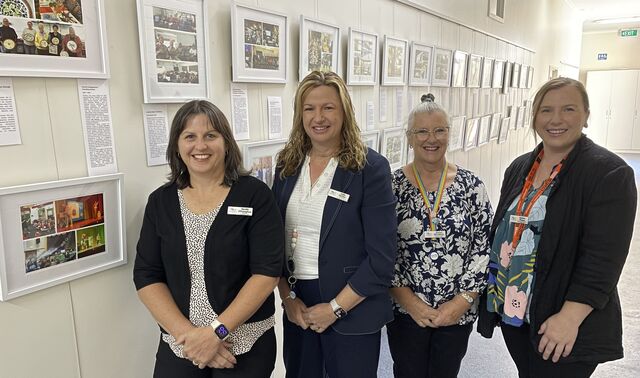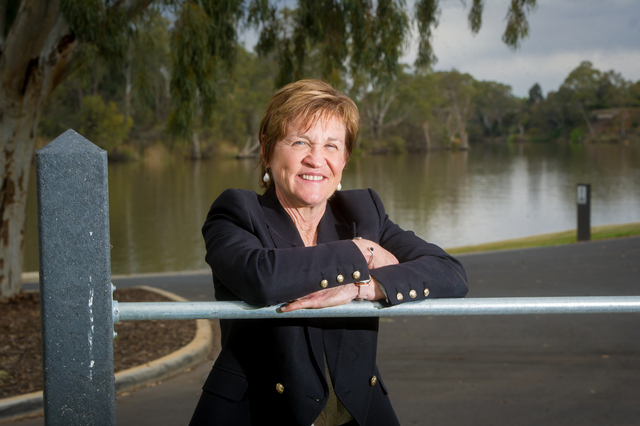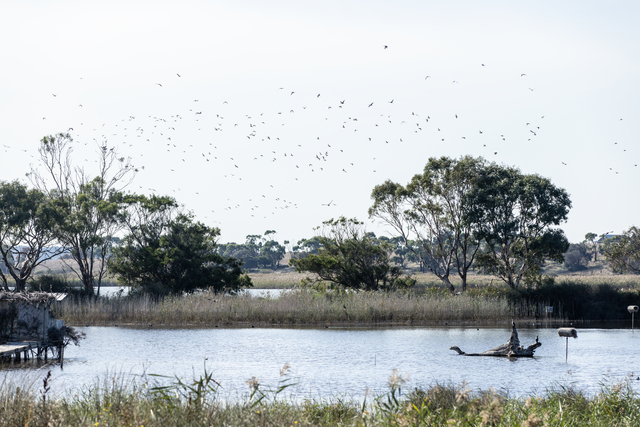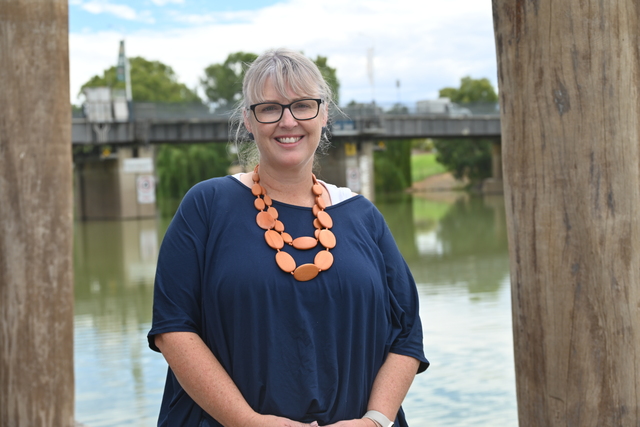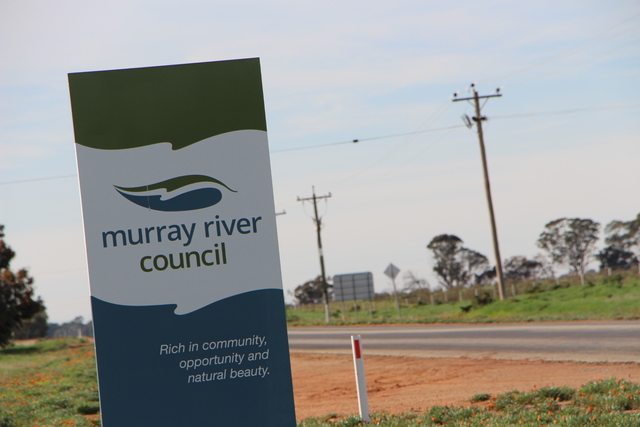MEMBER for Mallee Anne Webster is deeply concerned that a change in Distribution Priority Area policy will have devastating impacts on regional health care, particularly in the Mallee.
“It is just absolutely non-sensical, it is a terrible policy, the DPA expansion is terrible, and I really worry that is it going to mean less workforce availability in the electorate of Mallee,” Dr Webster told the Gannawarra Times
While the Labor Government has promised that at least 50 Medicare Urgent Care Clinics will be implemented across regional Australia, Dr Webster is concerned that a change to distribution priority areas (DPAs) that includes the electorate of Dunkley (Mornington Peninsula/Frankston) will mean that the Mallee will be excluded.
The DPA classification system identifies areas experiencing low levels of GP services compared to what is considered as the benchmark, taking into account Medicare billings by gender and age demographics, the socio-economic status of patients living in the area, and the remoteness of the area.
“You have got to ask the question of why would an international graduate come to Ouyen, for example, where they would be effectively a sole doctor… when they could go to Frankston where they are surrounded by other international students and would have a plethora of supervisory doctors because it is a much larger centre,” Dr Webster said.
The idea behind the Urgent Care Clinics is to take the pressure off emergency departments by providing a place where patients can present to see a doctor or nurse when they have an urgent, but non life-threatening, need for care. The clinics will also bulk bill, meaning there will be no-out-of-pocket costs to patients.
“I’ve got no objection to bulk-billing Medicare clinics – but it is a structure, it is a facility, it costs a lot of money,” Dr Webster said.
“What we really need is workforce, and what the Labor government has done in actual fact has implemented a policy where we will potentially see a reduction in the workforce.
“You’ve got to look at policy in terms of the unintended consequences, which Labor has actually failed to do on this issue … I can’t help but feel that it is because Labor really doesn’t have regional seats, and so it is just not a priority.”
Dr Webster believes there now needs to be more of a focus on opportunities for students to study medicine regionally.
“If they [medical students] come from a regional area and they study in a regional area, evidence shows at least 60 per cent will stay in a regional area,” Dr Webster said.
“That is why I have fought so hard for regional medicine to be able to be studied. It is incredibly important that we increase the number of people who can study in regional centres.”
Dr Webster said these are not issues she will lie down about, and will continue to voice her concerns in Parliament as she did during the week.
“I will continue to fight for funding for the models so that students can study in regional settings, and I will continue to stand against these expansions of the DPA which are fundamentally politically motivated for Labor seats to increase their ratio of doctors to patients,” Dr Webster said.





